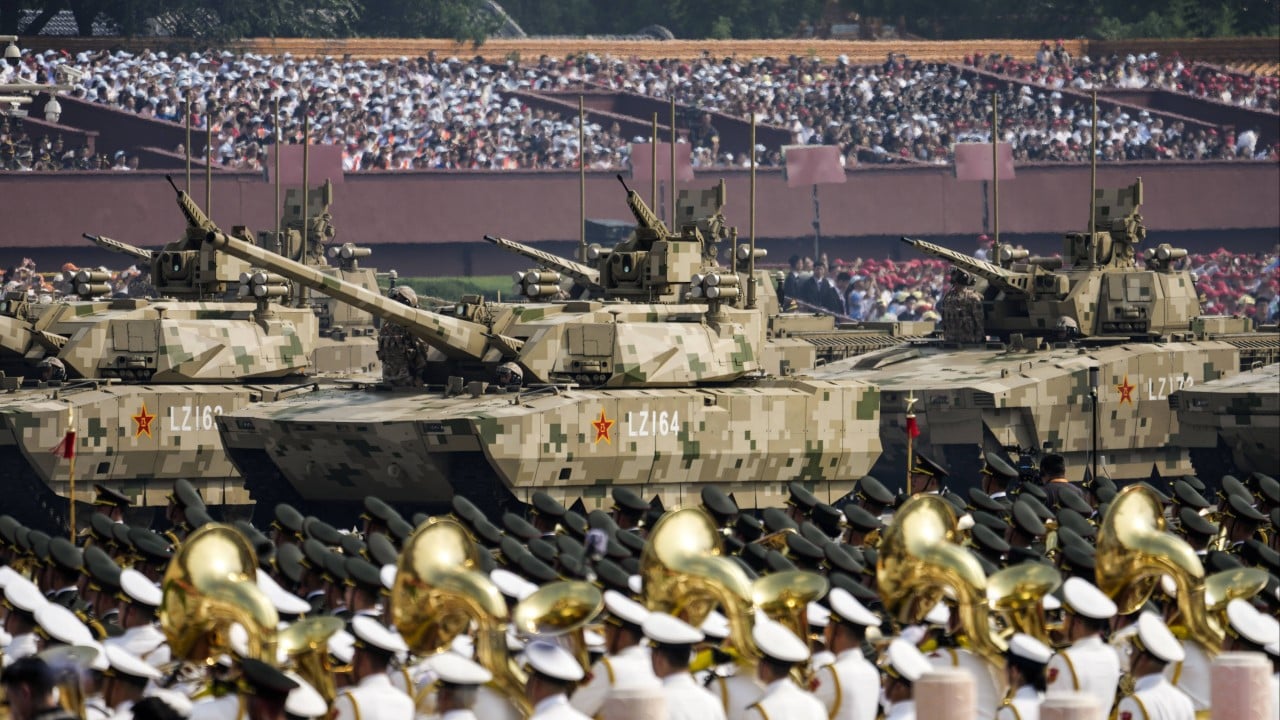Feel strongly about these letters, or any other aspects of the news? Share your views by emailing us your Letter to the Editor at [email protected] or filling in this Google form. Submissions should not exceed 400 words, and must include your full name and address, plus a phone number for verification
Advertisement
Sigmund Freud, the founder of psychoanalysis, once suggested that childhood experiences cast long shadows over adult life. Nations, too, carry memories of their “childhoods”. For Beijing, two such memories dominate: the grandeur of China once being the “celestial empire” and the “century of humiliation” of invasion and exploitation at the hands of foreign powers. These experiences have shaped a foreign policy that blends pride with insecurity, ambition with defensiveness.
That dual mentality was on display during the Victory Day parade in Beijing on September 3. Over 10,000 troops and hundreds of tanks, aircraft and missiles filled Tiananmen Square. For the first time, Beijing unveiled its full nuclear triad – land, sea and air-based strategic weapons – along with hypersonic missiles, directed-energy systems and drones. The message was clear: China has moved beyond its past vulnerability and now commands the means to defend its sovereignty and dignity.
Yet the parade also conveyed a different message. The banners declared, “Justice Prevails”, “Peace Prevails” and “The People Prevail.” In his address, President Xi Jinping mentioned the word “peace” at least six times, framing military strength as a safeguard against repeating past tragedies. This juxtaposition of overwhelming firepower and repeated calls for peace encapsulates China’s complicated identity: it seeks respect and security while fearing the return of old humiliations.
Nowhere is this duality more evident than with regard to Taiwan. For Beijing, Taiwan’s status is the most painful reminder of the century of humiliation. The parade suggested that Beijing is preparing for both paths: on the one hand, overwhelming military power that could force reunification by strength; on the other, rhetoric that leaves open the possibility of a peaceful resolution. That openness signals that, despite nationalist fervour, Beijing has not fully succumbed to the shadows of its past.
Advertisement
Chinese displays of military might are not only about competing with Washington; they are also about exorcising historical trauma. If the United States responds only with deterrence and ever tighter alliances, it risks triggering Beijing’s most instinctive and emotional reactions. A more effective strategy would combine credible deterrence with genuine pathways for peaceful coexistence and mutual respect.
The parade was more than a show of force. It was a state ritual that revealed how China’s past glory and humiliation continue to shape its present, and its choices about war and peace in the years ahead. Even as missiles rolled past Tiananmen, Beijing left open the possibility that the Taiwan question could yet be settled without war.

